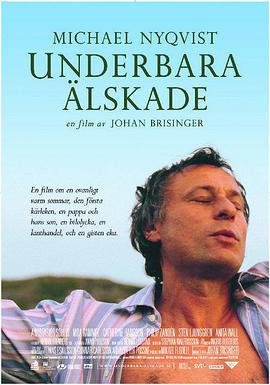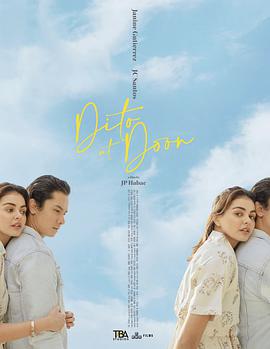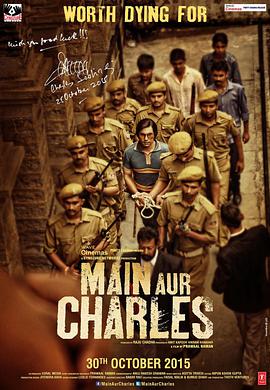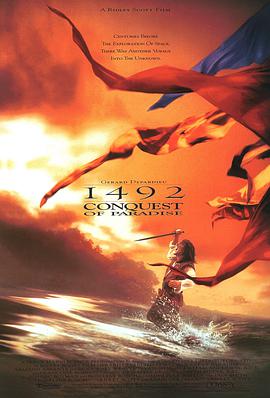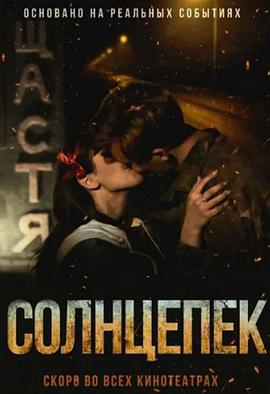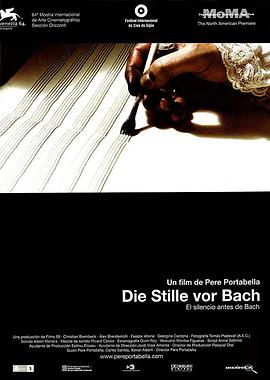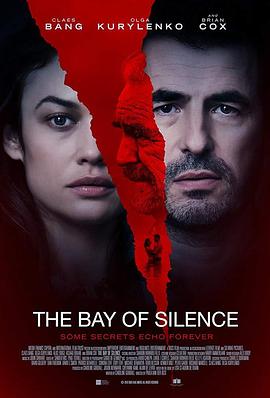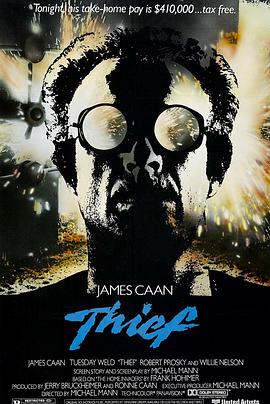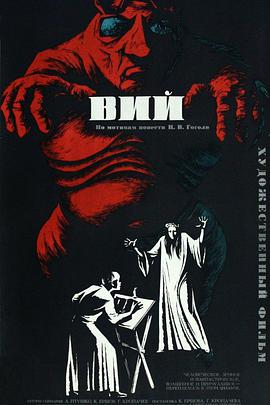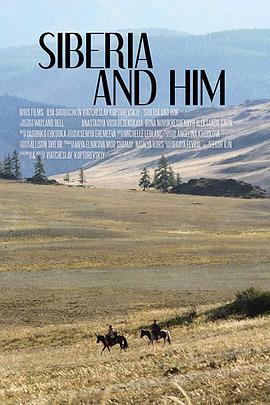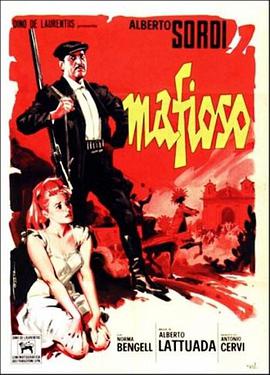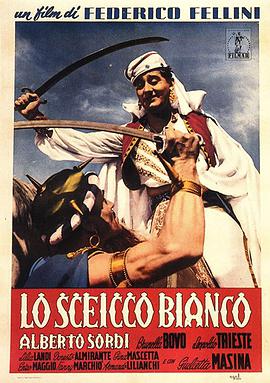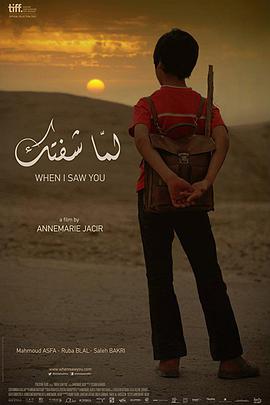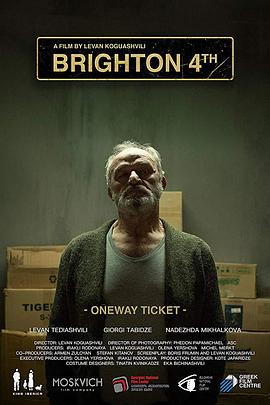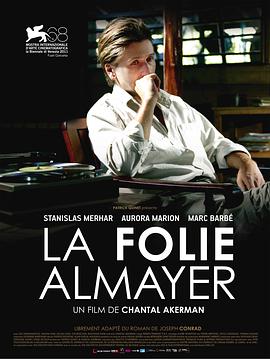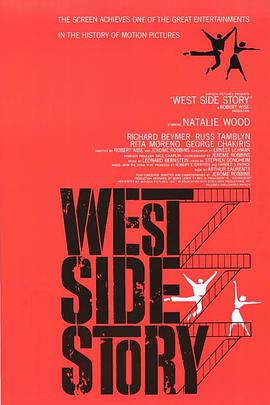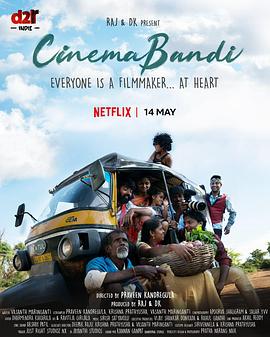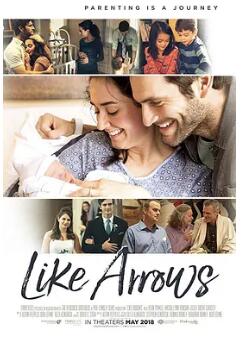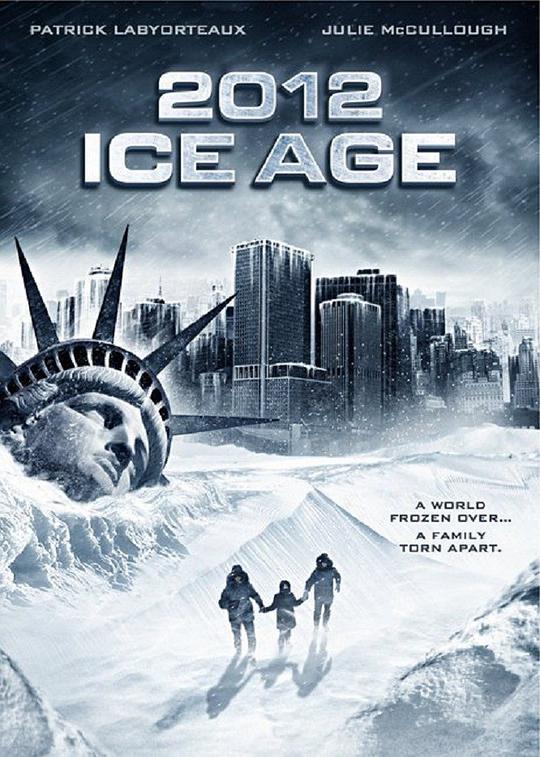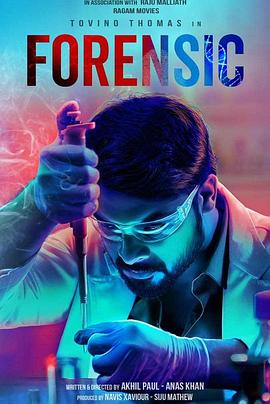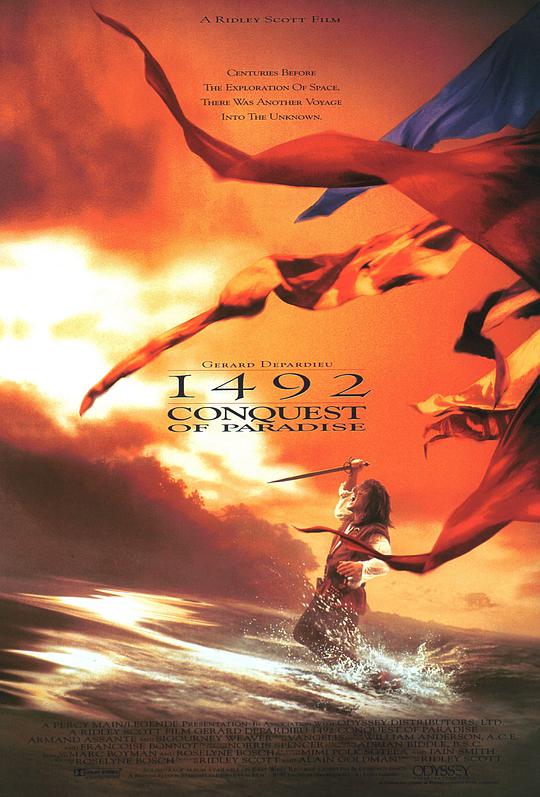Anas
搜索"Anas" ,找到 147部影视作品
导演:
/
雷德利·斯科特
剧情:
500年前,充满迷信色彩的西班牙,认为海洋的尽头有魔鬼守侯著,只有航海家哥伦布坚信,海洋的尽头是一片新土地,几经辛苦说服女皇资助冒险旅程的他终于发现新大陆,可惜贵族们都视这土地为猪肉,只有他愿意维持乐土的自然纯朴,终被奸人灰狼视频排拆,究竟现实与梦想的距离,会否动摇这位梦想家的坚持呢? -幕后花絮 影片描写的是著名航海家哥伦布的航海故事,重点刻画的是哥伦布的社会性。韩国三级2018新电影以其子费尔南多的回忆的形式,对其颠沛流离的一生进行了追述。通过影片我们可以看到,作为一名航海冒险家,哥伦布绝对是成功的伟人;但若将他视作一个普通人,他又是一个可叹的失99久热国产精品视频败者。影片生动地再现了哥伦布丰富多彩的社会生活经历,他那富有理想的心智和勇敢无畏的精神,还有那粗暴蛮横的坏脾气和贪婪攫取的性格。
导演:
/
马克西姆·布里乌斯,Mikhail Vasserbaum
主演:
剧情:
卢甘斯克地区,2014 年 5 蜜芽781 coon月。Novozhilov 一家偶然发现自己身处卢甘斯克的各种事件之中。弗拉德·诺沃日洛夫(Vlad Novozhilo男人帮高清迅雷下载v)曾是阿富汗战争的参与者。他知道什么是战争,在他那个时代已经看到了足够多的战争恐怖,原则上他甚至不想碰武器。在某种情况下,他只看到一条出路——离开这个国家。但是你不能逃避战争,边界已经关闭。为了拯救他的家人,他将不得不做出艰难的道德钢铁侠3 字幕选择
导演:
/
佩雷·波尔塔贝利亚
主演:
剧情:
“The Silence before Bach” is an approach to music and the trades and subjects that surround it through Bach歪歪漫画登录页面环球’s works. A look at the profound dramaturgic relationship between image and music where the latter is not merely conceived as subsidiary to the image but as a subject of the narration in its own righ炫舞免费挂t. The film springs from a previously defined musical structure. The soundtrack feeds on works by J.S 野花视频最新免费完整版在线观看Bach and two of Felix Mendelssohn’s sonatas to create an architectural vault beneath which the story of the film unfolds ; a promenade through the XVIIIth, XIXth and XXIth centuries led by the hand of J.S. Bach.
导演:
/
斯坦尼斯拉夫·罗泽维格
主演:
剧情:
In 1961, Stanislaw Rozewicz created the novella film "Birth Certificate" in cooperation with his brother, Taduesz Rozewicz as screenwriter. Such brother tandems are rare in the history of film but aside from family ties, Stanislaw (born in 1924) and Taduesz (born in 1921) were mutually bound by their love for the cinema. They were born and grew up in Radomsk, a small town which had "its madmen and its saints" and most importanly, the "Kinema" cinema, as Stanislaw recalls: for him cinema is "heaven, the whole world, enchantment". Tadeusz says he considers cinema both a charming market stall and a mysterious temple. "All this savage land has always attracted and fascinated me," he says. "I am devoured by cinema and I devour cinema; I'm a cinema eater." But Taduesz Rozewicz, an eminent writer, admits this unique form of cooperation was a problem to him: "It is the presence of the other person not only in the process of writing, but at its very core, which is inserperable for me from absolute solitude." Some scenes the brothers wrote together; others were created by the writer himself, following discussions with the director. But from the perspective of time, it is "Birth Certificate", rather than "Echo" or "The Wicked Gate", that Taduesz describes as his most intimate film. This is understandable. The tradgey from September 1939 in Poland was for the Rozewicz brothers their personal "birth certificate". When working on the film, the director said "This time it is all about shaking off, getting rid of the psychological burden which the war was for all of us. ... Cooperation with my brother was in this case easier, as we share many war memories. We wanted to show to adult viewers a picture of war as seen by a child. ... In reality, it is the adults who created the real world of massacres. Children beheld the horrors coming back to life, exhumed from underneath the ground, overwhelming the earth." The principle of composition of "Birth Certificate" is not obvious. When watching a novella film, we tend to think in terms of traditional theatre. We expect that a miniature story will finish with a sharp point; the three film novellas in Rozewicz's work lack this feature. We do not know what will be happen to the boy making his alone through the forest towards the end of "On the Road". We do not know whether in "Letter from the Camp", the help offered by the small heroes to a Soviet prisoner will rescue him from the unknown fate of his compatriots. The fate of the Jewish girl from "Drop of Blood" is also unclear. Will she keep her new impersonation as "Mary爱神之手sia Malinowska"? Or will the Nazis make her into a representative of the "Nordic race"? Those questions were asked by the director for a reason. He preceived war as chaos and perdition, and not as linear history that could be reflected in a plot. Although "Birth Certificate" is saturated with moral content, it does not aim to be a morality play. But with the immense pressure of reality, no varient of fate should be excluded. This approached can be compared wth Krzysztof Kieslowski's "Blind Chance" 25 years later, which pictured dramatic choices of a different era. The film novella "On the Road" has a very sparing plot, but it drew special attention of the reviewers. The ominating overtone of the war films created by the Polish Film School at that time should be kept in mind. Mainly owing to Wajda, those films dealt with romantic heritage. They were permeated with pathos, bitterness, and irony. Rozewicz is an extraordinary artist. When narrating a story about a boy lost in a war zone, carrying some documents from the regiment office as if they were a treasure, the narrator in "On the Road" discovers rough prose where one should find poetry. And suddenly, the irrational touches this rather tame world. The boy, who until that moment resembled a Polish version of the Good Soldier Schweik, sets off, like Don Quixote, for his first and last battle. A critic described it as "an absurd gesture and someone else could surely use it to criticise the Polish style of dying. ... But the Rozewicz brothers do no accuse: they only compose an elegy for the picturesque peasant-soldier, probably the most important veteran of the Polish war of 1939-1945." "Birth Certificate" is not a lofty statement about national imponderabilia. The film reveals a plebeian perspective which Aleksander Jackieqicz once contrasted with those "lyrical lamentations" inherent in the Kordian tradition. However, a historical overview of Rozewicz's work shows that the distinctive style does not signify a fundamental difference in illustrating the Polish September. Just as the memorable scene from Wajda's "Lotna" was in fact an expression of desperation and distress, the same emotions permeate the final scene of "Birth Certificate". These are not ideological concepts, though once described as such and fervently debated, but rather psychological creations. In this specific case, observes Witold Zalewski, it is not about manifesting knightly pride, but about a gesture of a simple man who does not agree to be enslaved. The novella "Drop of Blood" is, with Aleksander Ford's "Border Street", one of the first narrations of the fate of the Polish Jews during the Nazi occupation. The story about a girl literally looking for her place on earth has a dramatic dimension. Especially in the age of today's journalistic disputes, often manipulative, lacking in empathy and imbued with bad will, Rozewicz's story from the past shocks with its authenticity. The small herione of the story is the only one who survives a German raid on her family home. Physical survial does not, however, mean a return to normality. Her frightened departure from the rubbish dump that was her hideout lead her to a ruined apartment. Her walk around it is painful because still fresh signs of life are mixed with evidence of annihilation. Help is needed, but Mirka does not know anyone in the outside world. Her subsequent attempts express the state of the fugitive's spirits - from hope and faith, moving to doubt, a sense of oppression, and thickening fear, and finally to despair. At the same time, the Jewish girl's search for refuge resembles the state of Polish society. The appearance of Mirka results in confusion, and later, trouble. This was already signalled by Rozewicz in an exceptional scene from "Letter from the Camp" in which the boy's neighbour, seeing a fugitive Russian soldier, retreats immediately, admitting that "Now, people worry only about themselves." Such embarassing excuses mask fear. During the occupation, no one feels safe. Neither social status not the aegis of a charity organisation protects against repression. We see the potential guardians of Mirka passing her back and forth a乔染厉谨言小说mong themselves. These are friendly hands but they cannot offer strong support. The story takes place on that thin line between solidarity and heroism. Solidarity arises spontaneously, but only some are capable of heroism. Help for the girl does not always result from compassion; sometimes it is based on past relations and personal ties (a neighbour of the doctor takes in the fugitive for a few days because of past friendship). Rozewicz portrays all of this in a subtle way; even the smallest gesture has significance. Take, for example, the conversation with a stranger on the train: short, as if jotted down on the margin, but so full of tension. And earlier, a peculiar examination of Polishness: the "Holy Father" prayer forced on Mirka by the village boys to check that she is not a Jew. Would not rising to the challenge mean a death sentance? Viewed after many years, "Birth Certificate" discloses yet another quality that is not present in the works of the Polish School, but is prominent in later B-class war films. This is the picture of everyday life during the war and occupation outlined in the three novellas. It harmonises with the logic of speaking about "life after life". Small heroes of Rozewicz suddenly enter the reality of war, with no experie小说山楂树之恋nce or scale with which to compare it. For them, the present is a natural extension of and at the same time a complete negation of the past. Consider the sleey small-town marketplace, through which armoured columns will shortly pass. Or meet the German motorcyclists, who look like aliens from outer space - a picture taken from an autopsy because this is how Stanislaw and Taduesz perceived the first Germans they ever met. Note the blurred silhouettes of people against a white wall who are being shot - at first they are shocking, but soon they will probably become a part of the grim landscape. In the city centre stands a prisoner camp on a sodden bog ("People perish likes flies; the bodies are transported during the night"); in the street the childern are running after a coal wagon to collect some precious pieces of fuel. There's a bustle around some food (a boy reproaches his younger brother's actions by singing: "The warrant officer's son is begging in front of the church? I'm going to tell mother!"); and the kitchen, which one evening becomes the proscenium of a real drama. And there are the symbols: a bar of chocolate forced upon a boy by a Wehrmacht soldier ("On the Road"); a pair of shoes belonging to Zbyszek's father which the boy spontaneously gives to a Russian fugitive; a priceless slice of bread, ground under the heel of a policeman in the guter ("Letters from the Camp"). As the director put it: "In every film, I communicate my own vision of the world and of the people. Only then the style follows, the defined way of experiencing things." In Birth Certificate, he adds, his approach was driven by the subject: "I attempted to create not only the texture of the document but also to add some poetic element. I know it is risky but as for the merger of documentation and poety, often hidden very deep, if only it manages to make its way onto the screen, it results in what can referred to as 'art'." After 1945, there were numerous films created in Europe that dealt with war and children, including "Somewhere in Europe" ("Valahol Europaban", 1947 by Geza Radvanyi), "Shoeshine" ("Sciescia", 1946 by Vittorio de Sica), and "Childhood of Ivan" ("Iwanowo dietstwo" by Andriej Tarkowski). Yet there were fewer than one would expect. Pursuing a subject so imbued with sentimentalism requires stylistic disipline and a special ability to manage child actors. The author of "Birth Certificate" mastered both - and it was not by chance. Stanislaw Rozewicz was always the beneficent spirit of the film milieu; he could unite people around a common goal. He emanated peace and sensitivity, which flowed to his co-workers and pupils. A film, being a group work, necessitates some form of empathy - tuning in with others. In a biographical documentary about Stanislaw Rozewicz entitled "Walking, Meeting" (1999 by Antoni Krauze), there is a beautiful scene when the director, after a few decades, meets Beata Barszczewska, who plays Mireczka in the novella "Drops of Blood". The woman falls into the arms of the elderly man. They are both moved. He wonders how many years have passed. She answers: "A few years. Not too many." And Rozewicz, with his characteristic smile says: "It is true. We spent this entire time together."
导演:
/
康斯坦丁·叶尔绍夫,格奥尔基·克罗帕乔夫
主演:
剧情:
The movie follows the original tale in a somewhat loose fashion, but manages to retain the majority of the images and action. A seminary student must survive three nights in prayer guarding the deceased witch maiden while she, along with an army of佛歌大悲咒下载 hellish demons, try to lure him out of his Holy Ring of Chalk.
导演:
/
Viatcheslav Kopturevskiy
主演:
剧情:
Meek farmhand Sasha and policeman Dima have a fraught relationship. They’re brothers-in-law, travel companions, and—secretly—lovers. Over the course of their journey to visit Sasha’s grandmothe我的好妈妈4在线观看中文版r, unspoken truths are uttered, intimacy is built, and authenticity is challenged. Although they may be far from the peering eyes of their oppressive society, their relationship teeters on a dangerous precipice. Selected and supported by the IFP Filmmaker Lab and destined to evoke both the breathtaking landscapes of BROKEBACK MOUNTAIN and the tragedy of a Dostoevsky novel, Viatcheslav Kopturevskiy’s auspicious deb奇怪的美发沙龙发在线看ut drama is an elliptical and much-needed examination of internalized homophobia, repression, and identity in a remote Siberian town.
导演:
/
阿尔贝托·拉图瓦达
剧情:
米兰的汽车厂车间主任尼奥(Alberto Sordi 饰)准备利用半个月的假期回西西里老家度假,临行前,他的上司托他给西西里的黑手党头目文森佐带一份礼品。尼奥与妻子玛塔踏上家乡的土地后兴奋莫名,他介绍自己庞大的家族给妻子认识,那些旧日朋友有些死于枪杀,有些正在牢里,还有极少数人因为背叛朋友而成为乡民眼中的行尸走肉,剩下来的那些相识则对尼奥的“米兰味”稍有提防。尼奥拜见文森佐,得到了这位黑帮老人的认可,曾经的战乱年代中,尼奥是文森佐的得力手下。玛塔用自己的努力得到了家人的认可,尼奥也找回了和家乡传统契合的心态。某天夜里,尼奥被父亲叫醒,受命执行一项黑手党无敌珊宝妹 电视剧的暗杀任务…… 本片获1963年圣塞巴斯蒂安国际电影节金贝壳奖。
导演:
/
安娜玛丽·雅西尔
主演:
剧情:
约旦,1四虎最近网站是多少967年。世界巨变:对能源的争夺、新潮流、新音乐、对未来憧憬的蔓延。在约旦,不同的变化在悄然发生:巴勒斯坦成千上万的难民正跨越边境线到约旦寻求避难。11岁的Tarek与母亲在难民队伍中,而他的父亲则在战乱中被迫与家庭分开。他们和1948年就逃难至此的前一代难民一起被安置在难民营的活动帐篷中,等待小米和爷爷1一15可以重返家乡的那一天。难民营中的生活窘困,期待能够和爸爸重逢的Tarek想法离开难民营,并看到了蓝色大海的传说在线希望。他对自由的向往和好奇的天性带领一群有着同样向往的人踏上了一段改变命运的旅程。
导演:
/
列万·科古瓦什威利
主演:
剧情:
When former wrestling champion Kakhi learns that his son Soso has gotten himself into difficulties, he travels from Georgia to New York to help him and find out what is going on… Levan Koguashvili has set his latest offering in Brooklyn’s Brighton Beach, capturing the diverse atmosphere of菠萝菠萝蜜免费观看 a neighborhood that is home to immigrants from the former Soviet Union – a place where languages and ethnic groups mix, where most shop signs are in Cyrillic, and where people’s nostalgia for their homeland mingles with their current woes. Profoundly melancholic and infused with tragicomic moments and a sense of understanding for its protagonists, the film c青青草在现线看aptures the bond between a father and his adult son, an ancient bond in which the older man will always feel the need to protect his blood, no matter what the circumstances.
导演:
/
杰罗姆·罗宾斯,罗伯特·怀斯
剧情:
&l草莓tw深夜释放自己下载t;p> 曼哈顿西部贫民区里有两帮势不两立的流氓团伙,一个是由白人里弗领导的“火箭”帮,另一个是由波多黎各人贝尔纳尔多带头的“鲨鱼”帮。两帮相互仇视,经常斗殴生事。一次西区举行舞会,两个帮派相互拼舞,里弗的朋友托尼(理查德·贝梅尔 Richard Beymer 饰)与贝尔纳尔多的妹妹玛丽亚(娜塔利·伍德 Natalie Wood 饰)一见钟情。贝尔纳尔多发现两人的爱紫炎传txt慕后,强行让手下带走了妹妹。夜里,托尼站在玛丽亚的窗前呼唤她,两人坚定地相爱了。第二天,玛丽亚听说“鲨鱼帮”将和“火箭帮”决斗,便让托尼前去阻止。托尼匆匆赶到现场,试图阻止斗殴的发生,在混乱中好友里弗被杀,他出于自卫失手杀死贝尔纳尔多。这让玛丽亚陷入矛盾和痛苦中金刚狼3百度云资源,她忍受着家人的责骂与侮辱,但心中无法放下托尼。贝尔纳尔多的好友持枪寻找托尼算帐,得知消息的玛丽亚匆匆赶去报信,然而悲剧赶在她之前发生了…… 本片夺得1961年奥斯卡最佳影片、最佳导演、最佳男配角、最佳女配角等十项大奖。
导演:
/
提瓦·马泰松
主演:
剧情:
剧情讲述在老大“Boss”突然干妈妈逝世后,4名他的手下“Tee”(Pittawat Pruksakit饰)、“Kid”(Issara Kitnitchi饰)、“Sim”(Kyutae Sim饰)和“Tu在线看欧洲一卡二卡三卡残暴ek”(Khunnaphat Pichetworawut饰)决定隐瞒老大已过世的消息,并继续向大家收取保护费!而当他们起贪最新新娘发型视频念,决定欺骗彼此时,自己也陷入危险中!
导演:
/
Sita Likitvanichkul,Jetarin Ratanaserikiat,Apirak Samudkidpisan,Thanabodee Uawithya,Adirek Wattaleela
主演:
剧情:
Four 月牙儿的大学生活insomniac med school students are lured into a neuros李锋张雪齐绍斌小说名字cience experiment that spirals out of control and must find 野花社区在线观看高清视频a way out before it's too late.
导演:
/
内详
主演:
剧情:
该剧描述1940年一家盟军军工厂中女工人的故事--当男人们在欧洲前线作战的时候,女人们留在大后方制造军火弹药。Meg Tilly扮演军工厂的监工Larna,两个儿子都在前线。Jodi Balfour扮演Gladys,一个富有的上流社会千金,不顾家人的反对毅然加入军工厂;Charlotte Hegele扮演Kate,父亲是个牧师,但父女之间的关系很糟;Ali Liebert扮演Betty,一个从草原上来的豪爽女人夺天少帅,负责训练新来的姑娘;Anastasia Philips扮演Vera,在组装线上工作,她的生活因为这份工作而永远改变;Lisa Norton扮演Edith,有两个孩子的单身母亲;Antonio Cupo扮演Marco,在工厂打工的意大利人,因为种族问题(意大利是轴心国之一)而无法参军。
导演:
/
艾瑞·克鲁格
主演:
剧情:
“The Shakedown” follows the story of Justin Diamond (Carl Beukes), a well-respected medi免费不要钱的黄台软件cal aid broker who gets mixed up in the Cape Town underworld after his mistress threatens to reveal the secret of their affair. The plot thickens as Justin’s desperate attempts to maintain his golden boy reputation lead him do斗鱼直播造娃娃视频完整版wn a path filled with dangerous criminals, mistaken identities and comic mishaps. When he teams up with his black sheep brother, Dovi (Emmanuel Castis), a comedy of errors ensues, with the chaos only escalating as Justin tries to regain control of his life.

